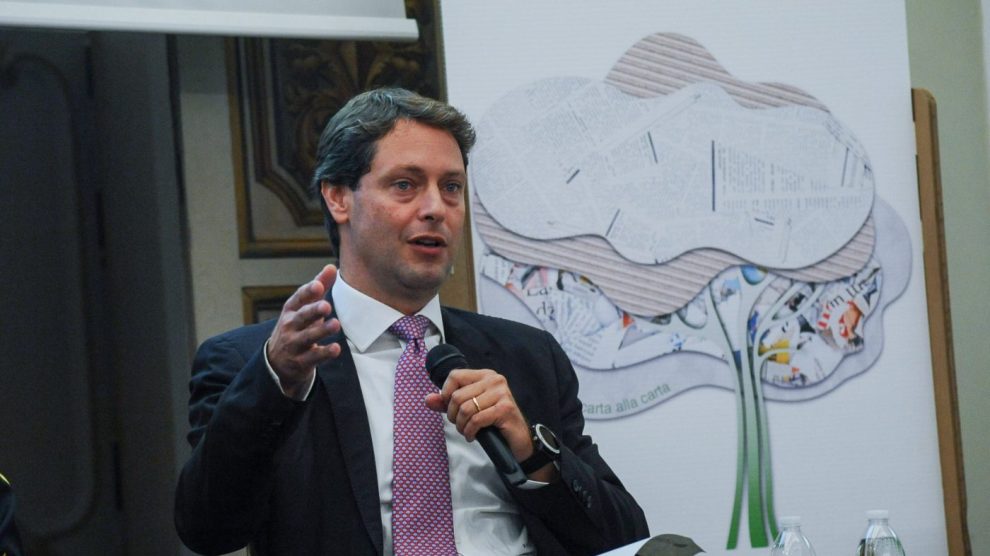The following are key excerpts from our sister website’s original Italian-language interview with Giacomo Vigna, who co-leads the cross-departmental critical raw materials working group for the Ministry of Enterprise and Made in Italy (MIMIT) along with colleagues from the Ministry of the Environment and Energy Security (MASE)
On Italy’s critical raw materials situation. “We no longer have the skills to exploit our resources, nor an industrial ecosystem to do so.” There has been no mining since the 1970s, leaving 3,000 closed mines, and there’s a lack of geologists and courses. “In the past decades, we have also stopped refining materials and producing the semi-finished products ready for industrial use.”
- Much of Europe is in the same position, he noted.
On defining the strategic value of supply chains. It’s a matter of understanding what “supply chain resilience” is intended to do and how to favour it. “As long as [industries] can rely on their supply channels, they will have no incentive to increase their ‘resilience’ because they do not feel at risk. Instead, what matters for [Italy and the EU] is to protect a certain idea of the future.”
On exposure to non-democratic actors. “Assuming [the ecological and digital transition] is the ultimate goal and supreme strategy, there is no resilience without CRMs. And then we could find ourselves severely dependent on countries with a different concept of democracy and free trade than ours. Is this worth changing? I would say so.”
- “I fear that for a given period, in given international contexts, one will have to decide to finance loss-making businesses in order to have an alternative to Asian hegemony.”
- “At the moment, the West simply does not have the firepower to make electric vehicles without Chinese batteries.”
On resuming national mining. “Environmentalists have started talking about climate mining: you get the idea. Meeting the highest environmental standards in mining makes everything more expensive and slower. But, of course, we all want them.”
- “Firstly, [higher standards] help us turn mining sites into better places after the mines are closed, benefiting the community and making those who have mined bear the cost.”
- “And then, more importantly, over time they will represent a barrier to the entry of CRMs from countries that don’t meet the same standards. We don’t want to make the energy transition by polluting the rest of the world, do we?”
On Europe’s approach. France and Germany are moving unilaterally to fund overseas operations and secure supplies. Italy, “as far as I know, believes the EU should move as one” – including through the upcoming Critical Raw Materials Act, which “should be a pragmatic response to a problem that is too big to be tackled individually.”
- The CRMA is poised to “define which materials are strategic” and “which realities should be subsidised to get the extraction and refining processes started, cutting down on the time required for approval procedures.” Funding-wise, “a European investment fund would probably be the [ideal] solution.”
On the Transatlantic approach. The United States is also operating to strengthen its CRM supply chains, “although they are very much looking for the Atlantic shore” – including through the Mineral Security Partnership, a US-led initiative Italy just joined.
- Outsized exposure to Chinese supply chains is one of the key reasons “why the EU and the US must converge” to overcome frictions created by the Inflation Reduction Act and the matter of subsidies, “also in the context of the Minerals Security Partnership.”
- “A cluster of countries that do not have rapid access to CRMs, but are intent on strengthening production chains, is already crystallising. Now we need to strengthen a shared vision.”




